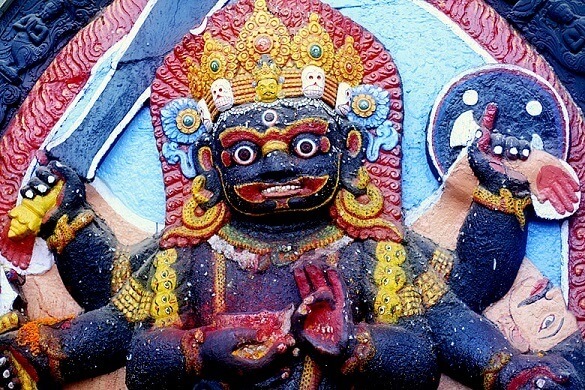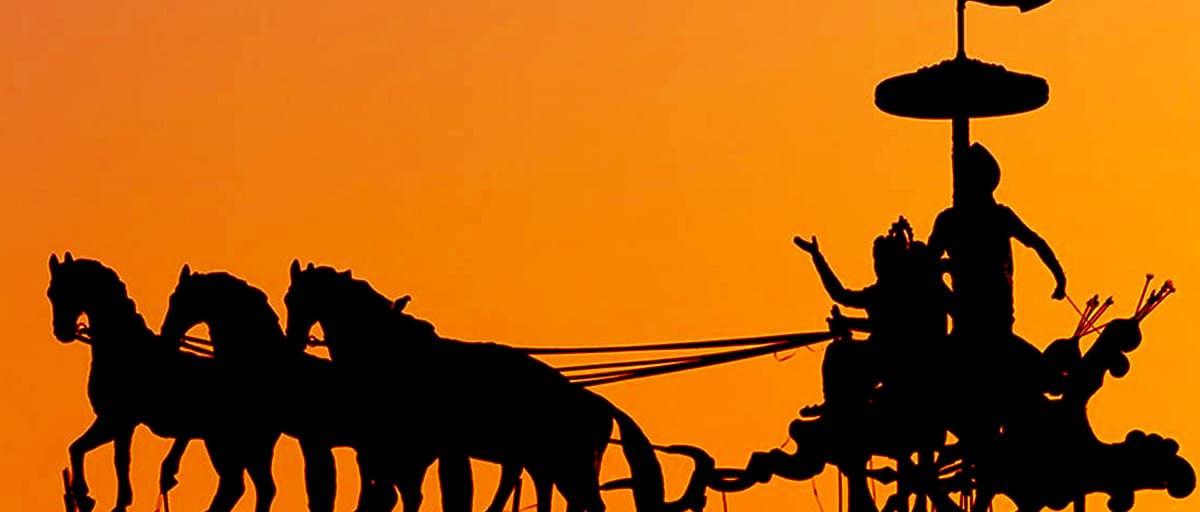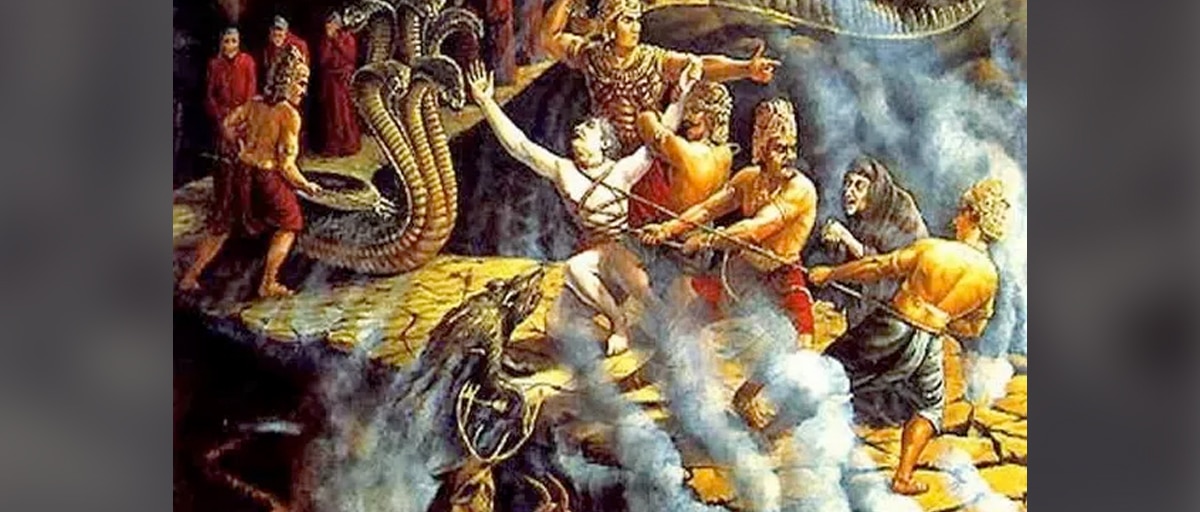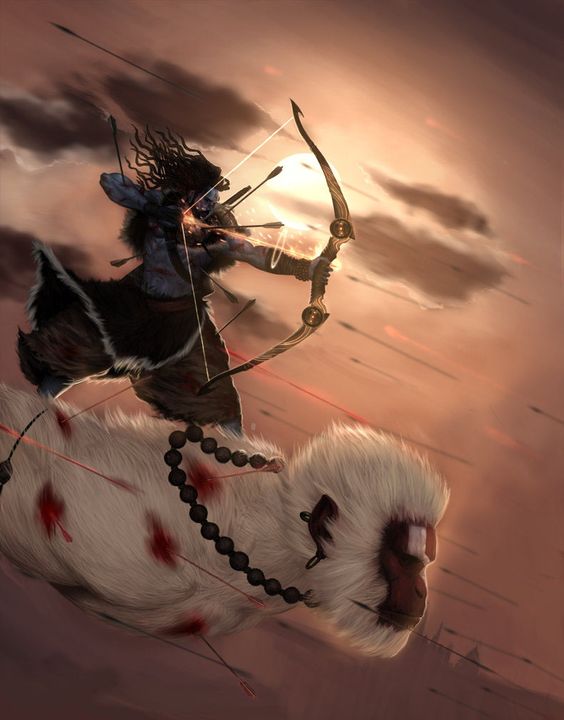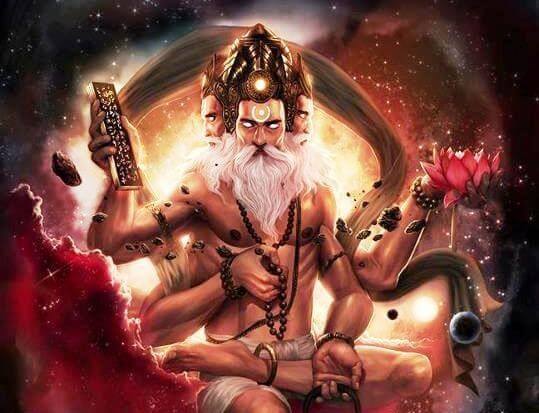
ॐ गं गणपतये नमः
The Mahabharata (Sanskrit: “Great Epic of the Bharata Dynasty”) is one of ancient India’s two Sanskrit epic poems (the other being the Ramayana). The Mahabharata is a key source of knowledge on Hinduism’s creation between 400 BCE and 200 CE, and Hindus regard it as both a text on dharma (Hindu moral law) and a history (itihasa, literally “what happened”).
The Mahabharata is a series of mythological and didactic material structured around a central heroic storey that tells of the struggle for hegemony between two classes of cousins, the Kauravas (sons of Dhritarashtra, descendant of Kuru) and the Pandavas (sons of Dhritarashtra, descendant of Kuru) (sons of Pandu). The poem is almost 100,000 couplets long—roughly seven times the length of the Iliad and Odyssey combined—divided into 18 parvans, or parts, plus a supplement named Harivamsha (“Genealogy of the God Hari”; i.e., of Vishnu).

